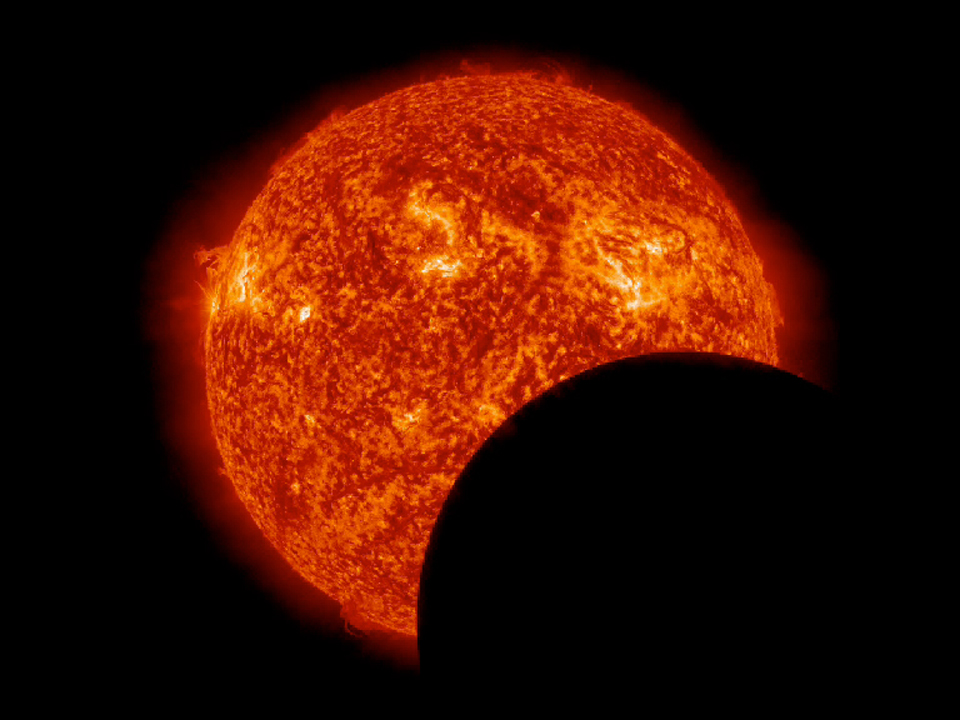Many of those living in the light and are simply trying to get by might not know it, but there is currently a desperate battle being fought for the survival of the human race. Climate change is making many scientists desperate and in light of the billions that the US and other countries are losing, one crazy idea might be the only hope. Dimming the sun might be the only way to survive the coming decades.
The Government Accountability Office (GAO) is a bi-partisan, U.S. federal watchdog that looks into the government’s financial status and activities. According to a recent report that the body filed, the U.S. is losing billions of dollars due to climate change each year. The costs are also expected to rise as incidents of extreme weather conditions pile up, ABC News reports.
According to the report from GAO, the U.S. has already spent more than $350 billion over the last decade in disaster relief and recovery assistance. That figure does not even include how much the government has spent for this year’s disaster efforts and it’s not even December yet.
The biggest contributors to the losses that the American taxpayers are looking at include the massive wildfires that appear to be escalating in both frequency and intensity. The same goes for powerful hurricanes that are flooding entire states and droughts that are killing acres of crops.
With damages caused by climate change escalating, scientists studying the man-made phenomenon are showing signs of desperation. In one example, a group of scientists is actually thinking about dimming the sun’s rays, Futurism reports.
The move would involve releasing aerosolized particles into the atmosphere, which would be capable of bouncing back some of the sun’s rays out into space. Hypothetically, this could reduce the rate of the earth’s warming until humanity can reduce carbon emissions to safer levels. Unfortunately, this has not been tested and is considered radical, as far as scientific solutions go.



 Eli Lilly’s Inluriyo Gains FDA Approval for Advanced Breast Cancer Treatment
Eli Lilly’s Inluriyo Gains FDA Approval for Advanced Breast Cancer Treatment  SoftBank Shares Slide After Arm Earnings Miss Fuels Tech Stock Sell-Off
SoftBank Shares Slide After Arm Earnings Miss Fuels Tech Stock Sell-Off  Elon Musk’s SpaceX Acquires xAI in Historic Deal Uniting Space and Artificial Intelligence
Elon Musk’s SpaceX Acquires xAI in Historic Deal Uniting Space and Artificial Intelligence  FDA Adds Fatal Risk Warning to J&J and Legend Biotech’s Carvykti Cancer Therapy
FDA Adds Fatal Risk Warning to J&J and Legend Biotech’s Carvykti Cancer Therapy  Anthropic Eyes $350 Billion Valuation as AI Funding and Share Sale Accelerate
Anthropic Eyes $350 Billion Valuation as AI Funding and Share Sale Accelerate  Lost in space: MethaneSat failed just as NZ was to take over mission control – here’s what we need to know now
Lost in space: MethaneSat failed just as NZ was to take over mission control – here’s what we need to know now  Jared Isaacman Confirmed as NASA Administrator, Becomes 15th Leader of U.S. Space Agency
Jared Isaacman Confirmed as NASA Administrator, Becomes 15th Leader of U.S. Space Agency  Nvidia Nears $20 Billion OpenAI Investment as AI Funding Race Intensifies
Nvidia Nears $20 Billion OpenAI Investment as AI Funding Race Intensifies  SpaceX Starship Test Flight Reaches New Heights but Ends in Setback
SpaceX Starship Test Flight Reaches New Heights but Ends in Setback  Elon Musk’s Empire: SpaceX, Tesla, and xAI Merger Talks Spark Investor Debate
Elon Musk’s Empire: SpaceX, Tesla, and xAI Merger Talks Spark Investor Debate  Neuren Pharmaceuticals Surges on U.S. Patent Win for Rare Disorder Drug
Neuren Pharmaceuticals Surges on U.S. Patent Win for Rare Disorder Drug  Nvidia, ByteDance, and the U.S.-China AI Chip Standoff Over H200 Exports
Nvidia, ByteDance, and the U.S.-China AI Chip Standoff Over H200 Exports  CDC Vaccine Review Sparks Controversy Over Thimerosal Study Citation
CDC Vaccine Review Sparks Controversy Over Thimerosal Study Citation  Trump and Merck KGaA Partner to Slash IVF Drug Costs and Expand Fertility Coverage
Trump and Merck KGaA Partner to Slash IVF Drug Costs and Expand Fertility Coverage  SpaceX Pushes for Early Stock Index Inclusion Ahead of Potential Record-Breaking IPO
SpaceX Pushes for Early Stock Index Inclusion Ahead of Potential Record-Breaking IPO  SpaceX Updates Starlink Privacy Policy to Allow AI Training as xAI Merger Talks and IPO Loom
SpaceX Updates Starlink Privacy Policy to Allow AI Training as xAI Merger Talks and IPO Loom 































